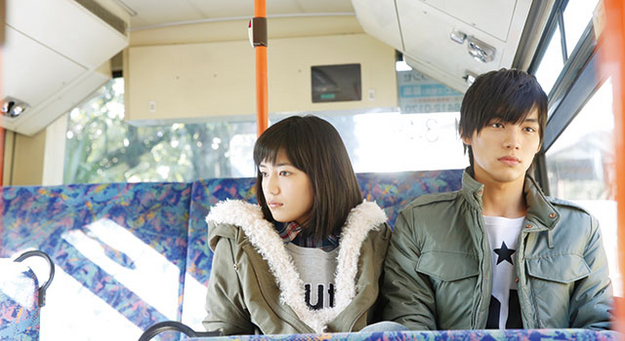
Let’s continue the words that accompany the doki doki of our kokoro every time we binge on our favorite Japanese flix and dramas. Again, I apologize for any mistake in the original language, romanization, and English equivalent.
- Koibito (恋人)
Hani (ハニー)
These are all equivalent to honey, sweetheart, darling, or baby.
- Tsuma (妻)
Okusan (奥さん)
Waifu (ワイフ)
They all signify wife.
- Otto (夫)
Hazubando (ハズバンド)
Danna (旦那)
And now this is the significant other-husband.
- Okaasan ( おかあさん)
Kaachan (かあちゃん)
Mama (ママ)
There’s always a need to call the mother in every drama… and in real life.
- Otousan (おとうさん)
Touchan (とうちゃん)
Oyaji (おやじ)
If you need to call mom, dad should be there too.
- Oneesan [oNEHsan]( お姉さん)- older sister
- Neechan (姉ちゃん)- older sister
- Imouto (妹)_ younger sister
- Oneesan [oNEEsan](お兄さん)- older brother
- Otouto [oTOHto](弟)- younger brother
- Senpai (先輩)- Senior
- Kohai (後輩)- Junior
- Obasan (叔母さん)- old woman
- Ojisan (お爺さん)- old man
- Hansamu (ハンサム)- handsome
- Ikemen (イケメン)- handsome men
- Kakkoii (格好良い)- cool
- Kirei (きれい)- pretty
- Matte (待って)
Matte kudasai (待ってください)
Chotto matte (ちょっと まって)
They all mean to say “Wait!”, “Wait a minute!” or “Wait a moment.”
- Yameru (やめる)- Stop!
- Iraishaimase (いらしゃいます)- Welcome!
- Ganbatte! (がんばって) and Ganbare! (がんばれ) are all words of encouragement like “Good luck!” or “You can do it!”
- Baka (馬鹿) [note: my personal favorite]- Stupid
- Hontoni (本当に)- Really
- Kawaii (かわいい)- Cute
- Bosu (ボス)- Boss
- Sugoi! (すごい)- Great or the best
- Kanpai (乾杯)- Cheers!
- Ittadakimasu (いただきます)- Equivalent to Bon appétit but more like “Thank1 you for the meal. I’m going to eat with gusto.”
- Tanjoubi omedetou (誕生日おめでとう)- Happy birthday!
- Damare! (黙れ)- This may sound more like “Shut up!”
- Daijoubo[?] (大丈夫)- With a question mark is asking “Are you okay?” and just remove it to answer the same question.
- Daijoubu desu ka? (大丈夫ですか?)- A more formal “Are you okay?”
- Tadaima (ただいま)- I’m back or I’m home.
- Okaerinasai (おかえりなさい)- Welcome back! (To answer Tadaima)
- Wakarimasu (わかります), Wakarimashita(わかりました) and Wakatta (わかった) may all signify “I know”or“I understand.”
- Wakarimasen (わかりません)- I don’t know.
- Gomen nasai (ごめんなさい)- I’m sorry.
- Sumimasen (すみません)_ Excuse me.
- Kudasai (ください)- Please
- Tasukete (助けて)- Help
- Ai tai (会いたい)- May signify “I miss you” but more like “I want to see you.”
- Arigato (ありがとう) and Arigato gozaimasu (ありがとうございます) all mean “Thank you.”
- Suki desu(好きです), suki da(好きだ), suki dayo(好きだよ), and daisuki(大好き) can all mean “I like you”, the romantic kind, or “I love you.”
- Aishiteru (愛してる)- I love you.
Hope you had fun remembering these words. I’ll be taking on the challenge of words and phrases in Taiwanese dramas next time. Arigato!
Photo from Sukitte ii na yo Live Action
